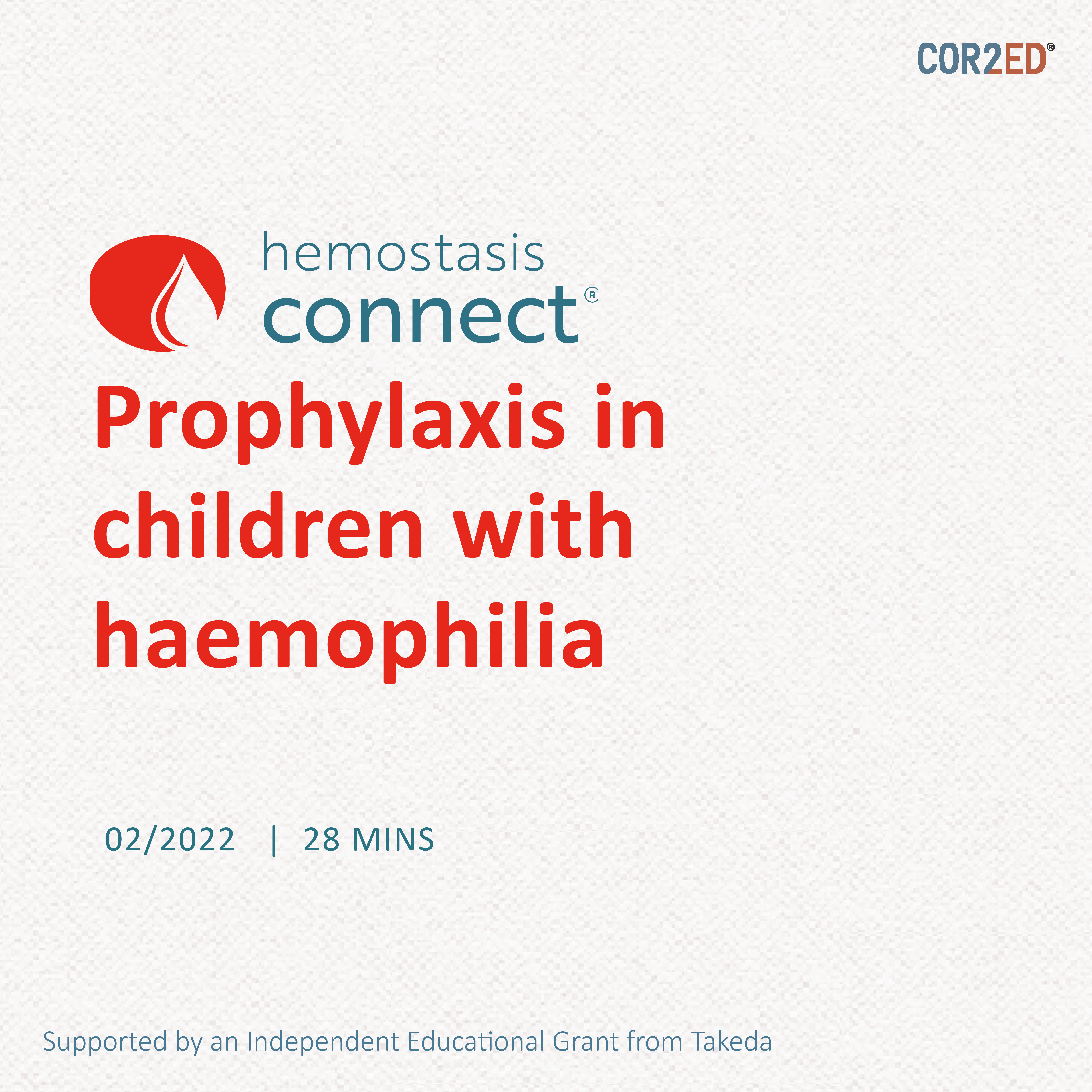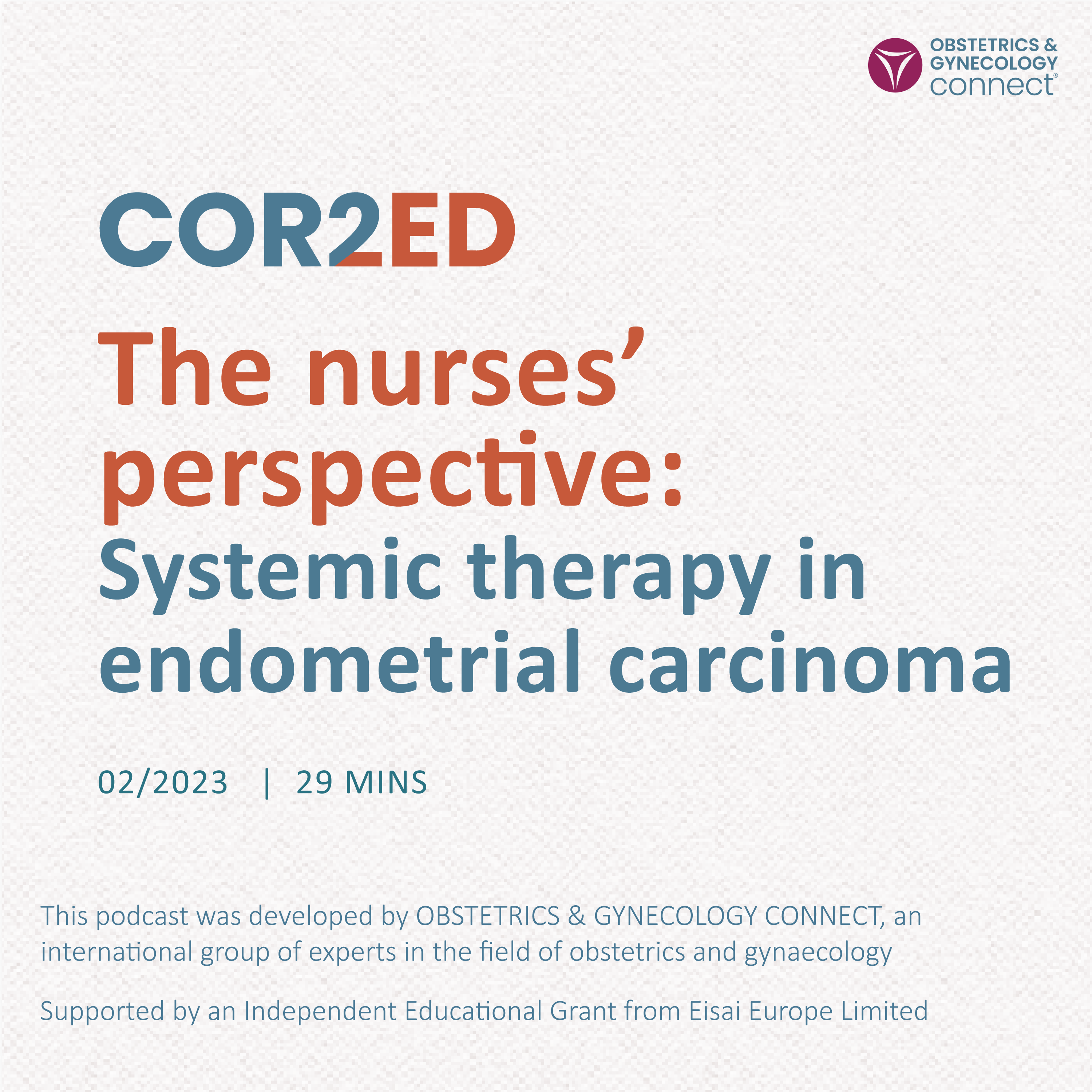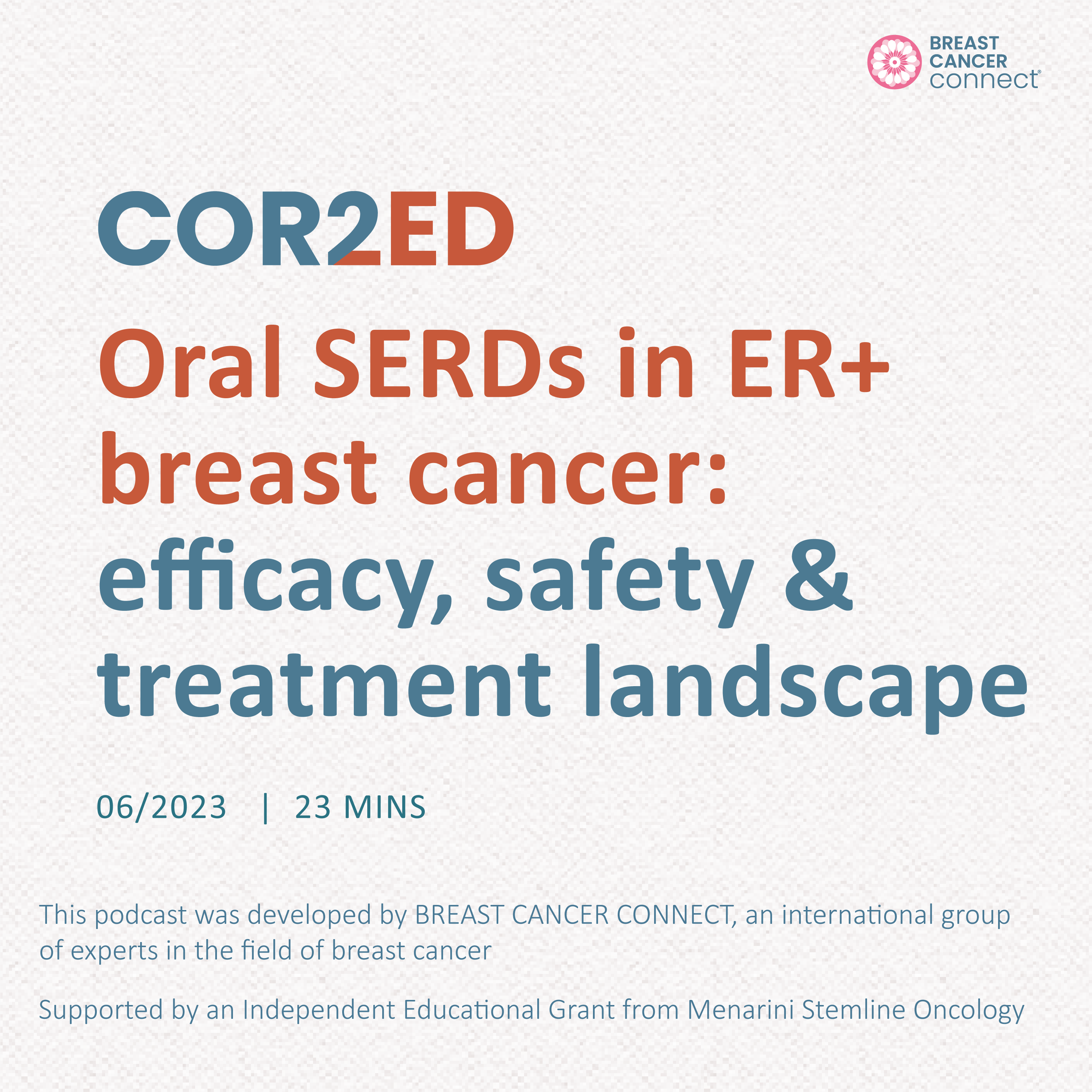Professor Matthias Pinter, medical hepatologist from the medical University of Vienna in Austria shares some insights from key abstracts and topics discussed at ILCA 2021 and ESMO 2021 in hepatocellular carcinoma.
One main topic included discussions about treatment options in first-line systemic therapy and managing patients who still may need to receive a TKI in first-line instead. Another topic covered is how to proceed with immunotherapy in HCC, in particular the rationale for triplet immunotherapy combination.
There were two studies data presented on atezolizumab plus bevacizumab, the new reference standard of care in systemic front-line HCC treatment.
Another interesting topic was the combination of TACE with immune checkpoint blockade in intermediate stage HCC.
Regarding monotherapy TKI in first-line setting, Prof Pinter points out that around 15 to 20% of HCC patients are not ideal candidates for atezolizumab plus bevacizumab, and these are mainly patients with HCC recurrence of the liver transplantations, patients with severe autoimmune disease, or those with a high bleeding risk.
He discusses several real-world evidence studies including lenvatinib, sorafenib and regorafenib in special populations that are usually excluded from clinical trials.
Prof Pinter also discusses data presented covering predictive and prognostic biomarkers such as cachexia, the growing role of AI, multibipolar radiofrequency ablation and the potential role of underlying etiology as a predictor of the efficacy of immunotherapy.

COR2ED Medical Education: Prof. Karin Fijnvandraat, Professor of Paediatric Haematology at the University of Amsterdam in the Netherlands and Dr. Maria Elisa Mancuso, Senior...

Medical education: Join Lead Nurse Andreia Fernandes and Clinical Nurse Specialist Jo Pearson as they explain how to help patients navigate the side effects...

COR2ED Medical Education: In this podcast, the experts give an overview of the EMERALD trial and present elacestrant as the first, and currently only,...